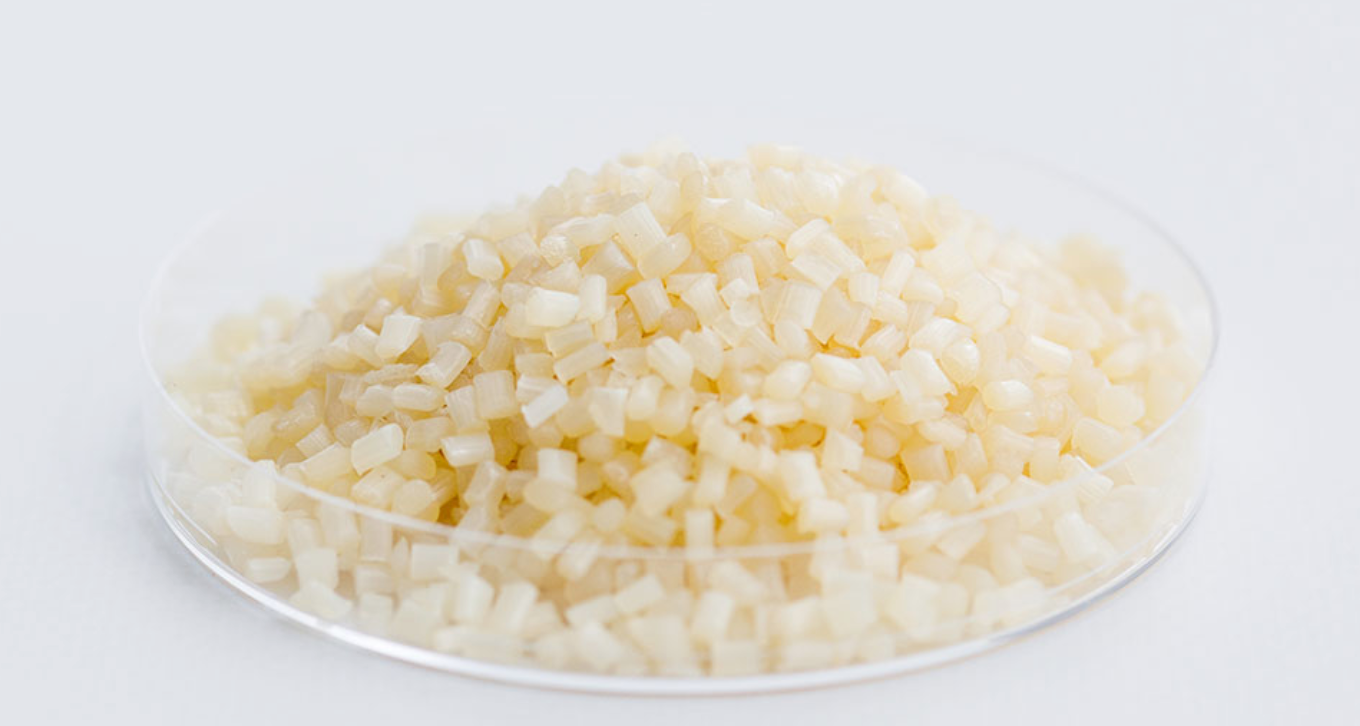
The Valencian startup has its sights set on the current BIO market and, given the new need to improve the impact resistance of base PLA, has decided to launch its additive “ADBio PLA +”, exclusive for this bioplastic. “We have been working for a few months to put ourselves at the forefront in additives and with the validation of the compound grades, which we have recently carried out, we have achieved especially significant improvements in mechanical properties. In fact, in elongation at break, an improvement of up to 7 times more than commercial PLA is achieved. So, we define ourselves as a biobased impact modifier that will revolutionize the normal biopolymer so that it is not so fragile and brittle, in extrusion and injection applications”, Nadia García, R&D Specialist in ADBioplastics has said. The additive also improves processability (cycle times and density comparable to PET), and barrier properties in oxygen and water vapor while maintaining transparency.
Currently, the sales department of ADBioplastics focuses on establishing strategic alliances to offer the additive to different sectors such as packaging, textile, 3D printing, and construction, among others, where the acceptance of the product has remained demonstrated. The main goal is to replace traditional plastics derived from oil with biobased and compostable plastics following the European standard EN-13432. The OK compost certification from the TÜV Austria, the highest European certification is being approved to be industrial compost at a thickness of up to 2 millimeters. “We want companies to make the leap to BIO products and accompany them in this process through a consultative sale. That is why we offer “tailor-made” additives and bioplastics, which adapt to the machinery of the traditional plastics industry. Our clients’ success is our own”, Lorena García, Managing Director, has explained.
ADBioplastics is dedicated to the development and manufacture, to measurement, of additives and bioplastics for the food, cosmetic, textile, 3D printing, and construction sectors. The products are biobased because they come from corn, sugar cane, and/or beets, as well as compostable; which means that, under industrial conditions, they go down in just six months, turning into CO2, compost, and water. A process that will help comply with the European Union’s Plastics Reduction Directive set for 2030.






